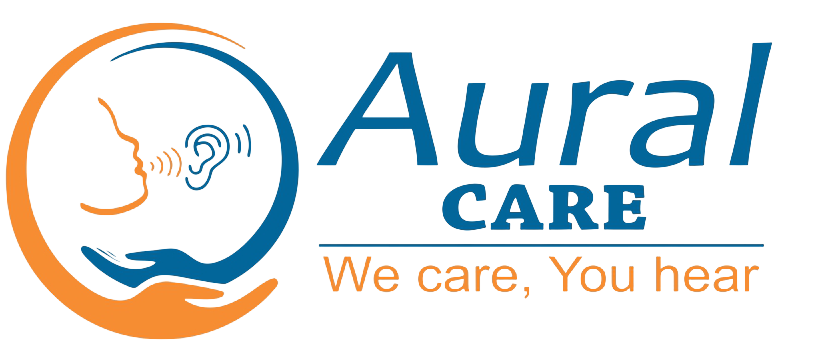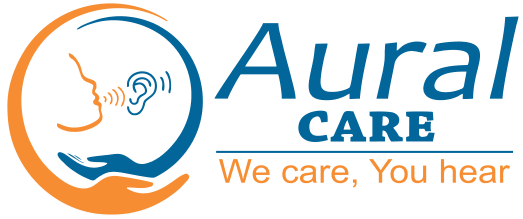Sudden sensorineural hearing loss is a kind of rapid hearing loss known as sudden deafness. When the inner part of your ear becomes affected, you may experience sudden hearing loss. This blog article emphasises the possible causes and symptoms of sudden sensorineural hearing loss. The diagnostic tests to detect Sudden hearing loss and a proper way to treat it at the early stage have also been recommended here.
What is Sudden Sensorineural Hearing Loss (SSHL)?
Sudden sensorineural hearing loss or Sudden Deafness is a kind of hearing difficulty that mostly affects one ear. A patient may experience “blocked”, “clogged” ears or tinnitus, the buzzing ear. As per several studies, in 80% cases, hearing ability can be recovered if treated early. Sudden sensorineural hearing loss may be experienced suddenly after waking up in the morning. It can be treated in the first 2 weeks in most cases. It can be a natural disorder at old age.
What are the symptoms of Sudden Sensorineural Hearing Loss?
The common symptoms that determine your sudden hearing loss are as follows:
- Hearing a ringing sound or Buzzing sound known as Tinnitus.
- Hearing difficulties in taking calls
- Difficult to hear high-pitched sounds
- Understanding the voice of females or children seems to be troublesome
- A normal voice seems to be a whisper.
- Feel dizziness
- Loss of balance
- Difficulty listening to the sound of a voice in crowded places
What are the causes of Sudden Sensorineural Hearing Loss?
The root cause of the sudden deafness can not be determined accurately, but in 15% cases, the cause can be known. The potential causes of the sudden hearing loss are as follows:
- If the inner ear is affected by an infectious disease, it may lead to sudden hearing loss.
- Autoimmune disruption can be another major reason for this deafness, as it protects from viruses and bacteria.
- The accumulation of blood clots that affects the circulation of the inner ear can be the cause of sudden hearing loss
- If you have a family history of hearing loss, then you also may suffer from the disease due to a Hereditary condition. Sudden hearing loss can be a genetic issue.
- A neurological disorder such as Sclerosis can have an impact on your hearing ability.
- You may face sudden hearing loss due to an auditory nerve tumor.
- Meniere’s disease, a disorder in the inner ear, may cause sudden hearing loss.
Read more: 7 Unexpected Causes of Sudden Sensorineural Hearing Loss
Diagnosis and treatment of Sudden Sensorineural Hearing Loss SSHL?
The following process may diagnose Your Sudden sensorineural hearing loss:
- Your healthcare provider will first check your ear canal for earwax and fluid.
- If there is no issue, he suggests consulting an Otolaryngologist. He can also prescribe the Pure Tone Audiometry test.
- The Pure Tone Auditometry test helps to ensure the severity of your hearing loss. During this test, different tones are being played through a headset. To recognise the sensory issue.
- Your health care provider may recommend blood tests, balance tests, or an MRI Scan to diagnose the sudden hearing loss.
Sudden sensorineural hearing loss is a type of health emergency that can be treated in a short span of time, but as the reason can not be determined accurately, sometimes it becomes difficult to recommend a specific treatment. Your health care provider may recommend the following treatment:
-
Medication
Several medications are prescribed to reduce the swelling and inflammation to help you recover your hearing. Your health care provider will suggest oral corticosteroids or corticosteroid injection. A corticosteroid injection is applied into the middle ear of a patient as it can flow directly into the inner ear, where it will work to restore their hearing. As per the instructions, NIDCD corticosteroid medication needs to be started as early as possible to avoid the risk of permanent hearing loss.
If the sudden hearing loss can not be treated through medication, then you will be recommended for hearing aids or a cochlear implant to restore your hearing.
-
Using Hearing Aids
Hearing aids can be well-known and one of the best ways to restore your hearing ability after a sudden hearing loss. Hearing aids can trigger a specific type of hearing loss. Your health care provider will recommend the most suitable hearing aids after assessing the severity of your hearing loss through several effective tests.
-
Cochlear Implant
To treat a severe hearing issue, you may be recommended for a cochlear implant. A
The device will be implanted inside your ears or behind your ears by surgery.
If you or anyone in your family is suffering from sudden hearing difficulty after waking up in the morning, you can contact at Aural Care, best sensorineural hearing loss treatment center, to get advanced treatment and intensive care. Our team of faculty consists of experienced audiologists and expert specialists who are dedicated to restoring your hearing ability. We are renowned for our standard test reports and accurate diagnosis by using the latest technology. High-quality hearing aids are designed to offer you a personalised hearing experience with excellent comfort.
Contact us today to get a natural hearing experience as before.
Conclusion
Sudden sensorineural hearing loss (SSHL)may happen due to a temporary blockage caused by the accumulation of earwax or dirt. Sudden deafness may be a genetic disorder. A feeling of dizziness, lack of balance, and ringing in the ears can be the common symptoms of sudden hearing loss. Your health care provider will recommend the Pure Tone Audiometry test to detect the severity of your hearing difficulties. The treatments have been included here that are performed to restore your listening capacity.
Consulting with an experienced audiologist or contacting a reputable hearing care clinic can be beneficial to reduce the risk of sudden hearing loss.


